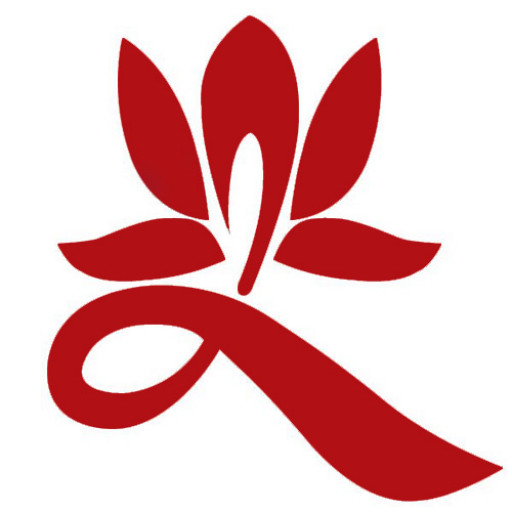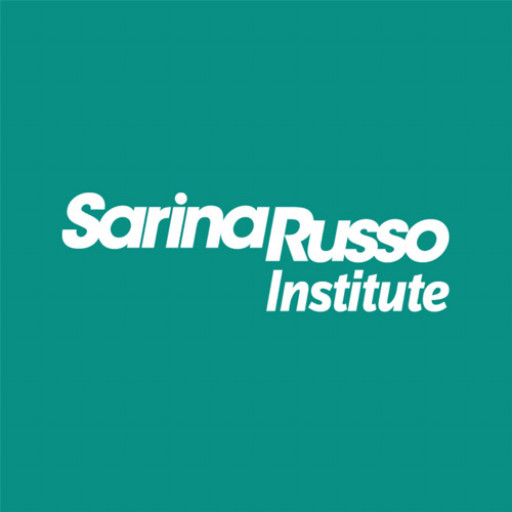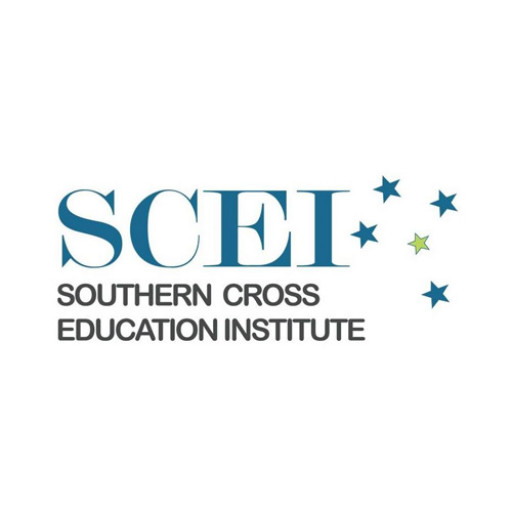Community Services programs at Kangan Institute are designed to prepare students for meaningful careers in helping and supporting individuals, families, and communities. These courses provide comprehensive training in areas such as aged care, disability support, child and family services, mental health, and community development, equipping graduates with the skills necessary to make a positive impact in various service settings. The curriculum combines theoretical knowledge with practical hands-on experience, allowing students to develop essential communication, problem-solving, and interpersonal skills required for diverse roles within the community services sector. Through facilitated workshops, field placements, and industry partnerships, students gain real-world exposure that enhances their confidence and employability upon graduation.
Kangan Institute is committed to delivering high-quality education aligned with industry standards, ensuring that graduates are well-prepared to meet the needs of the communities they serve. The community services programs are flexible, offering both full-time and part-time study options to accommodate different learning preferences and schedules. Students will explore topics such as client assessment, case management, culturally sensitive practices, and ethical considerations in community work. Additionally, the programs emphasize the importance of teamwork, resilience, and ethical conduct, fostering a professional attitude in students that aligns with the values of community-based organizations.
Graduates from the Community Services programs are equipped to pursue employment opportunities in local hospitals, aged care facilities, disability support agencies, child welfare organizations, mental health services, and other community-focused organizations. The qualifications also serve as a pathway for further study, enabling students to progress into advanced diploma courses or university programs related to social work, psychology, or health sciences. At Kangan Institute, the emphasis on practical skills, industry engagement, and academic excellence ensures that students are confidently prepared to contribute effectively to the wellbeing and development of their communities. Enrolling in the Community Services programs at Kangan Institute is a step toward making a difference in people's lives while building a rewarding and fulfilling career.
Community Services is a comprehensive qualification designed to prepare students for meaningful careers in assisting individuals and communities in need. This program covers a wide range of skills and knowledge required to work effectively in various social assistance roles, including community support work, youth work, disability support, aged care, and mental health services. Throughout the course, students develop essential interpersonal and communication skills, learn to apply ethical standards, and gain a thorough understanding of the social, cultural, and legal contexts affecting their clients.
The curriculum includes modules on supporting individuals with diverse needs, ensuring safety and inclusion, implementing community development initiatives, and providing quality support services. Students will also learn how to plan and deliver person-centered care, work collaboratively with colleagues and other service providers, and employ evidence-based approaches to address client issues. Practical experience is a core component of this program, with students having the opportunity to complete industry placements that allow for hands-on learning in real-world settings. These placements are designed to build confidence, professional skills, and understanding of workplace expectations in the community services sector.
The program emphasizes current industry standards and best practices, preparing graduates for employment in a variety of community and social service organizations. By completing this qualification, students can pursue roles such as community support worker, disability services officer, youth worker, aged care assistant, or mental health worker. The qualification also provides a solid foundation for further study or specialized training in related areas. Upon successful completion, graduates are equipped to make a positive difference in the lives of individuals and communities, supporting inclusive and resilient environments.
Throughout the course, students will also learn about relevant legislation and policies, ethical considerations, confidentiality requirements, and effective communication techniques suited for diverse client groups. The program fosters a strong sense of social responsibility and encourages students to develop empathy, cultural competence, and problem-solving skills. Completion of this program can lead to rewarding careers with opportunities for advancement and ongoing professional development. Whether aiming to work directly with vulnerable populations or contribute to community wellbeing initiatives, students will leave the program prepared to serve with professionalism, compassion, and respect.
Entry Requirements:
Applicants must demonstrate prior completion of Australian Year 12 or equivalent. Relevant work experience in community services or related fields may be considered in lieu of formal academic prerequisites. English language proficiency is required, with a minimum IELTS score of 5.5 overall, with no band less than 5.0. Prior to commencement, applicants must also undertake a police clearance check and hold current first aid certification.
Course Overview:
This qualification provides foundational skills for working in community services, focusing on delivering person-centered support to individuals and groups. The program covers a wide range of topics including communication techniques, social inclusion strategies, mental health awareness, cultural competence, and ethical practice. It aims to develop students’ understanding of diverse community needs and the importance of engagement, advocacy, and empowerment in social work. The curriculum emphasizes practical skills through simulated exercises, case studies, and supervised work placements, enabling students to apply their knowledge in real-world settings.
Program Duration and Delivery:
The program is designed to be completed over a period of 12 months, with flexible delivery options including full-time and part-time study modes. It includes face-to-face classes, online learning components, and practical placement periods integrated throughout the course. The course schedule is structured to accommodate working students, with evening classes and intensive sessions available.
Assessment Methods:
Assessment includes written assignments, project work, role-playing exercises, and practical evaluations based on the student’s performance during supervised placements. Students must demonstrate competency across all core units to successfully complete the qualification. Continuous assessment ensures understanding is maintained throughout the program, and feedback is provided regularly to support student development.
Pathways and Career Opportunities:
Graduates of this program are prepared for entry-level roles in community services organizations, such as support workers, community development officers, and disability support personnel. The qualification also provides pathways to further study, including Diplomas and Bachelor degrees in social work or community development. Employment opportunities are available in government agencies, non-profit organizations, aged care facilities, disability services, and mental health support programs.
Additional Requirements:
Students are expected to adhere to the institute’s code of conduct and participate actively in practical placements. As part of the program, students will be required to complete mandatory training modules on privacy, confidentiality, and child protection. Personal qualities such as empathy, resilience, strong communication skills, and cultural sensitivity are essential for success in this field. Moreover, students should possess a good level of physical fitness, as some roles may require manual handling and community outreach activities. The program also encourages development of teamwork, problem-solving, and organizational skills vital for effective community work.
Funding options for the Community Services program at Kangan Institute, TAFE VIC are primarily accessible through government-supported financial aid and subsidies. Domestic students enrolled in eligible courses may benefit from the Victorian Government’s Skills First funding program, which subsidizes tuition fees to make education more affordable. This support reduces the financial burden for students seeking to complete their qualifications in Community Services, and eligibility is typically determined based on residency, age, and prior education levels. Additionally, students might access the Australian Government's VET FEE-HELP scheme, a loan program that allows eligible students to defer tuition payments until they are employed and earning a minimum income, although eligibility and availability are subject to current government policies and program regulations.
For those not eligible for government subsidies, payment plans are often available through the institute, enabling students to spread out tuition payments over a period, easing immediate financial pressure. Kangan Institute also provides information and assistance regarding scholarships, bursaries, or financial aid packages that can support students during their studies, although such opportunities are competitive and limited. International students, meanwhile, are typically required to pay full tuition fees upfront; however, they might explore external financial aid options or private loans to fund their education.
In addition to governmental and institutional support, students are encouraged to consider external sources such as private financial institutions, family grants, or educational loans from financial organizations, which can offer more flexible repayment terms. It is important for prospective students to consult the official Kangan Institute website or contact the admissions office directly to obtain the most current and detailed information regarding funding, as schemes and eligibility conditions frequently change. Overall, financing a Community Services qualification involves multiple pathways designed to accommodate diverse financial circumstances, ensuring that students can pursue their career goals without undue economic hardship.
The Community Services program at Kangan Institute, TAFE VIC is designed to equip students with the necessary skills and knowledge to work effectively in various sectors of the community services industry. This program provides a comprehensive curriculum that covers key areas such as assisting with daily activities, supporting individuals with diverse needs, and promoting wellbeing within communities. Throughout the course, students will engage in both theoretical learning and practical training, enabling them to develop essential interpersonal and communication skills, cultural awareness, and ethical practices that are critical in community work.
The curriculum aligns with national training packages and standards, ensuring that graduates are well-prepared for employment in community service roles across government departments, non-profit organizations, aged care facilities, disability support services, and youth organizations. Participants will learn about legal and ethical considerations, privacy and confidentiality, as well as strategies to support clients in achieving their personal goals. The program emphasizes a client-centered approach and includes modules on working collaboratively with multidisciplinary teams.
Kangan Institute emphasizes hands-on experience, offering placements and work-integrated learning opportunities that enable students to apply their classroom knowledge in real-world settings. This practical component helps students to develop confidence and a professional approach to their future roles. The community services sector is dynamic and requires ongoing learning and adaptability; thus, the program also covers current trends, challenges, and innovations to prepare students for evolving industry demands.
Upon completion of the program, graduates will have the skills necessary to pursue careers in community services or continue further studies in related fields such as mental health, youth work, or social work. This qualification can open pathways to employment as community support workers, aged care assistants, disability support workers, or youth workers. Kangan Institute’s strong industry connections facilitate employment opportunities and support ongoing professional development.
Overall, the Community Services program at Kangan Institute is designed to produce compassionate, skilled, and adaptable professionals capable of making a positive difference in individuals’ lives and in the wider community. It fosters a supportive learning environment that encourages personal growth, ethical conduct, and lifelong learning to ensure graduates are prepared to meet the diverse needs of the communities they serve.








